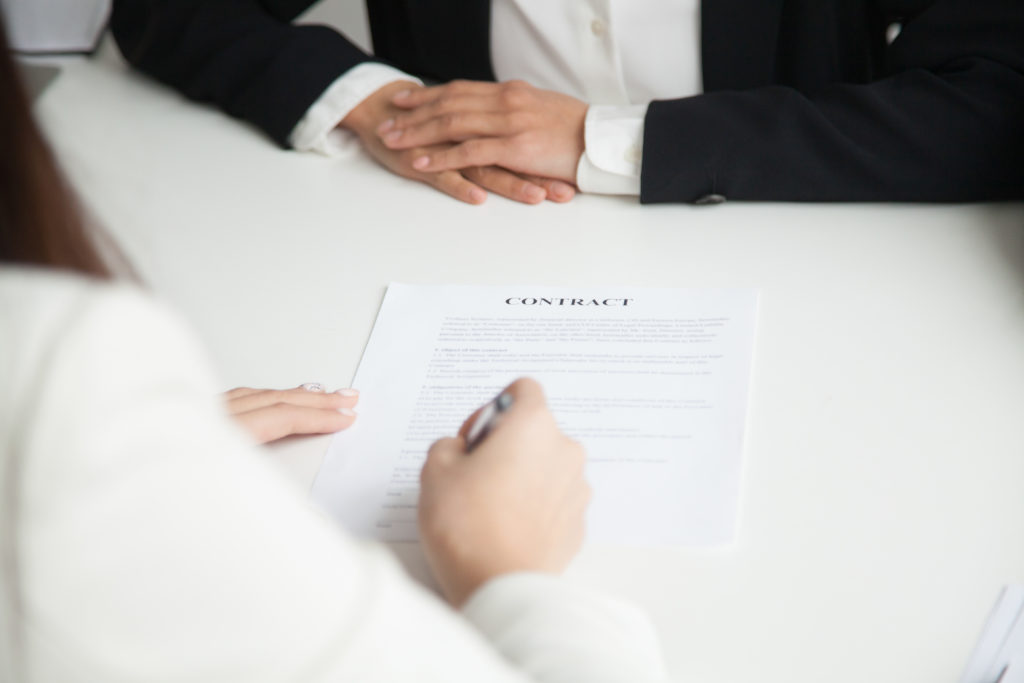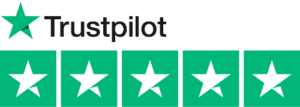As an executive landing, your next job could be worth thousands and even millions of dollars. The value of landing your next job is so crucial that you must make sure when you have as much knowledge as possible. To ensure you obtain this information, you will find the top 20 interview tips for executives in chronological order.
Top 20 interview tips for executives
Have a game plan
The first thing you need to do in preparing for an executive interview is to have a game plan in place. This includes research, practice, and execution.
Research the company you are interviewing for
You must research the company you are interviewing for, so you can tell the interviewers things you know about the company, including areas you can help them with.
Research the role you are applying for
This might sound elementary, but you must read the job description of the role you are interviewing for to get a sense of what they are looking for. Also, there is a good chance they will ask you questions based on this job description.

Research who is interviewing you
It is highly recommended you look up who is interviewing you on LinkedIn to get a sense of their background. Finding things in common could bring you closer during the interview.
Know your work history inside and out.
Fundamentally, you must know your work history inside and out as you will be asked questions on your work history.
Understand the most common interview questions
There are common questions that are asked during an executive interview. To learn what these questions are, please refer to this article –
Learn the art of storytelling
An essential thing you must learn to do when interviewing as an executive is to be able to tell your achievements in a storytelling format as opposed to a bland telling of your background.
Know your accomplishments
Telling potential employers your accomplishments is a great way to convince them to hire you. Being able to know this can mean the difference in landing the interview.
Know how to hide your weaknesses
Everyone has weaknesses, and you must be able to hide these during an interview. Examples include not bring up your flaws. If they bring up a question on weaknesses, turn it around by giving them an example of a skill that was a weakness but is now a strength.
Practice makes perfect
It is recommended you do interview prep and practice until you are ready to interview.
You must dress like an executive
You must dress like an executive. If your attire does not look like something that an executive would wear, then you will not be perceived to be an executive.
You must be punctual to your interview
Being a busy executive is no excuse for not being on time for an interview. If you are late, you will be perceived as not reliable.
You must present as an executive
If you do not present yourself as an executive in terms of confidence, speech, and body language, it will be hard for interviewers to buy into as an executive.
You must sell the interviewers on you as an executive
You must be able to sell the interviewers on you as an executive with your words during the interview. It is all on you to convince the interviewers that you are the best person for the job.
Do not ramble on during the interview
One of the worst things you can do in lose the attention of the interviewers by having long-winded, boring answers to their questions.
Be positive
Most people do not like negative people. This is especially true when hiring potential leaders for their job openings.
Do not be a deva
Being a deva and being rude to anyone during the interview process will not win you any favors in landing a role.
Be honest
Always be honest during the interview process. Besides being the right thing to do, there is a high probability that ever the hiring manager and or the background check will discover any dishonesty.
Ask good questions
Ask good questions during the interview as it shows you knowledge as well as shows you are interested in the role.
Send a post-interview thank you letter to the interviewers
A nice touch that is recommended after your interview is to send a thank you letter to the individuals who interviewed you.






